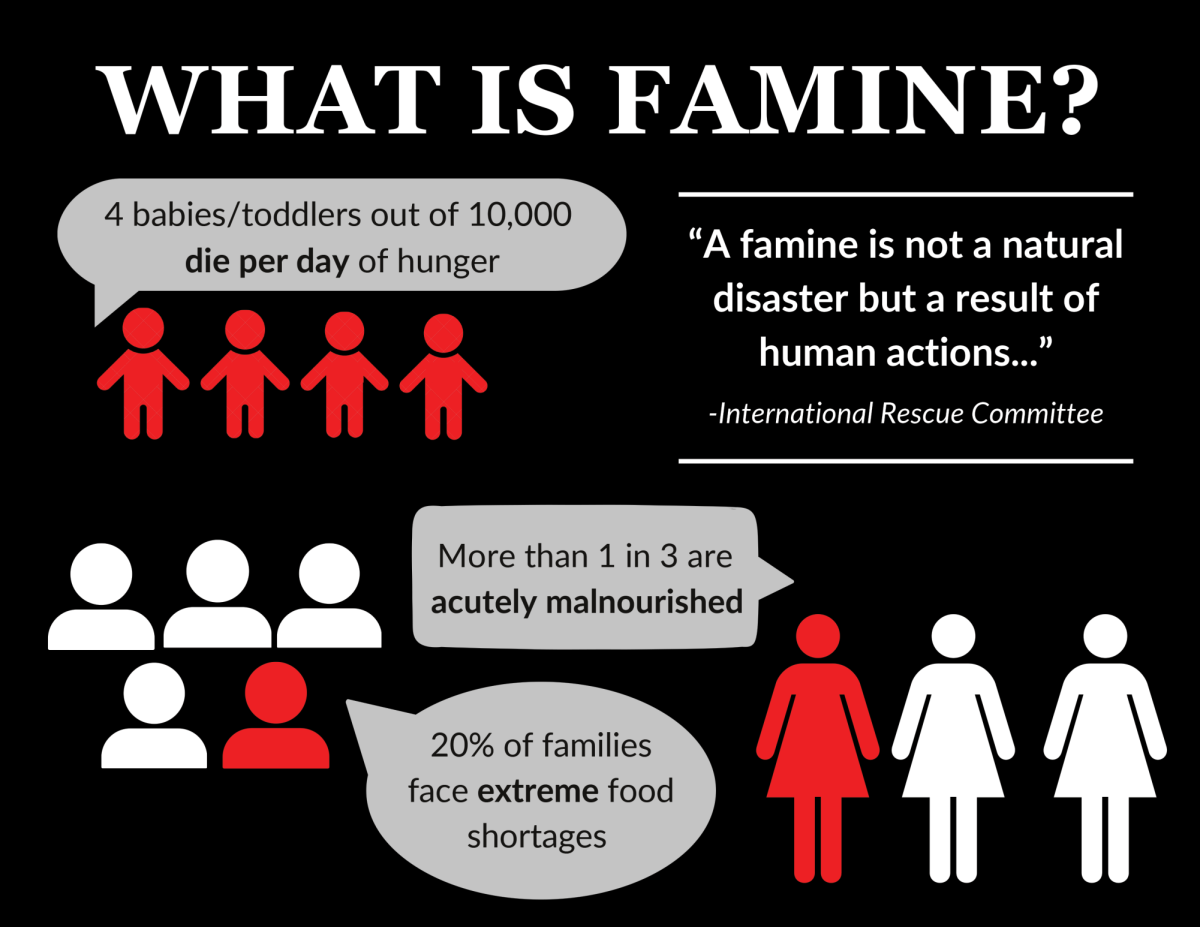The 1.1 million people of Palestine’s northern Gaza are now suffering “full-blown famine” after seven months of war, Israeli food and water blockades, and severe restrictions on humanitarian aid, according to the United Nations World Food Program. In an NBC broadcast interview, Cindy McCain continues that famine is now moving south in Gaza.
Israel denies that there is famine, with its humanitarian agency saying that McCain is incorrect.
However, a WFP spokesperson informed the Associated Press that one of the three formal criteria for famine has already been met–specifically, 20% of families facing an extreme lack of food–with the second benchmark, 30% of children suffering acute malnutrition, being nearly met.
The last condition–two adults or four children per every 10,000 people dying daily of hunger–is hard to verify, given how Israeli airstrikes and raids have devastated hospitals and displaced the majority of the population, with thousands of people (dead or alive) estimated to be buried under the rubble. This is making it extraordinarily hard for the local government to even count the dead, let alone determine its cause.
A formal declaration of famine will likely be complicated by politics and death confirmations. If or when it does come out, it will likely be used as evidence against Israel at the International Court of Justice, where the country is fighting against allegations of genocide in a lawsuit from by South Africa.
An Integrated Food Security Phase Classification report back in March said 210,000 people in the north alone are suffering catastrophic levels of hunger.
The effects of starvation are catastrophic, both short term and long term. Given that Gaza’s population is majority children, the situation is even more concerning. Colleen O’Rourke, Riordan’s AP Biology teacher, said, “Any nutritional malnutrition risk that adults face is elevated ten-fold in young children…it can easily lead to life-long physical and mental health problems.”
Pregnant women have also been particularly hard hit by the lack of food and water. Women, who are supposed to gain weight during pregnancy, have lost weight during the crisis as they struggle to attain enough nutrition for themselves and their baby. According to the Gaza health ministry back in March, nearly 60,000 pregnant women are facing dehydration and starvation.
O’Rourke continues that “If the mother doesn’t get the right nutritional profile at the right stages of development, she risks losing the pregnancy at best. At worst–a traumatic miscarriage in a situation with lack of adequate medical care–she is at serious risk of dying herself.”
Although Israel has slightly loosened its food blockade due to international pressures, the little aid that Gaza does receive is not nearly enough and constantly at risk. Only 171 trucks per day are making its way into Gaza, a trickle compared to the 500 trucks a day that came before the war, and are subjected to stringent inspections by the IDF for security reasons.
Additionally, many aid organizations have suspended operations, citing safety fears amidst constant Israeli bombardment. For example, the World Central Kitchen–which provided meals to besieged Palestinians–suspended operations after seven of its aid workers were killed by targeted Israeli airstrikes after the IDF said it mistaked the convoy as belonging to Hamas.
Furthermore, in another incident that drew widespread condemnation from the international community, 112 were killed and 760 injured when the IDF fired on hungry and desperate Palestinians gathering around food aid trucks. The IDF asserts the people were killed in the stampede.
Jack Reardon, another Biology teacher at Riordan, explains that “If you are malnourished, your blood sugar is gonna be out of its normal functioning range and that’s gonna cause problems…particularly in the brain.
“When we are not able to do cellular respiration anymore then we just begin to lose function…we lose the least essential things first, like moving quickly, and then eventually it’ll get more serious and more serious from movement at all to neuron function until total body shut down.”







